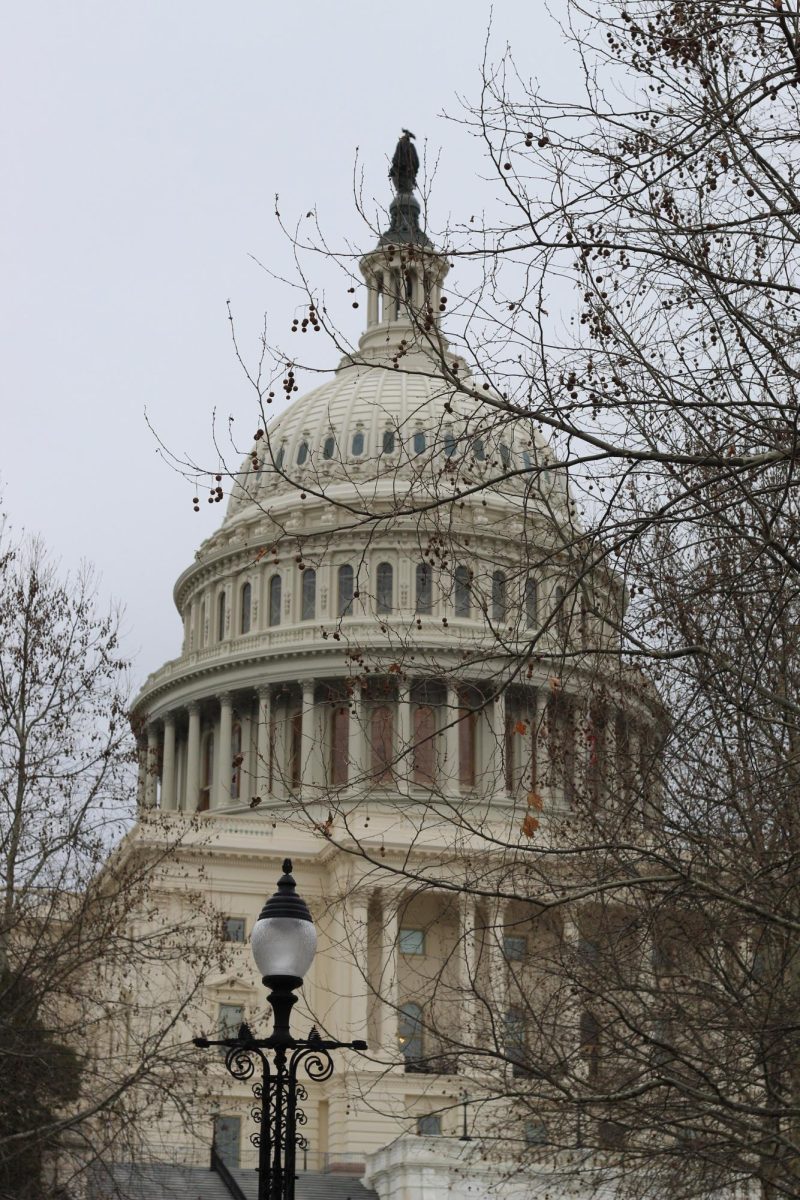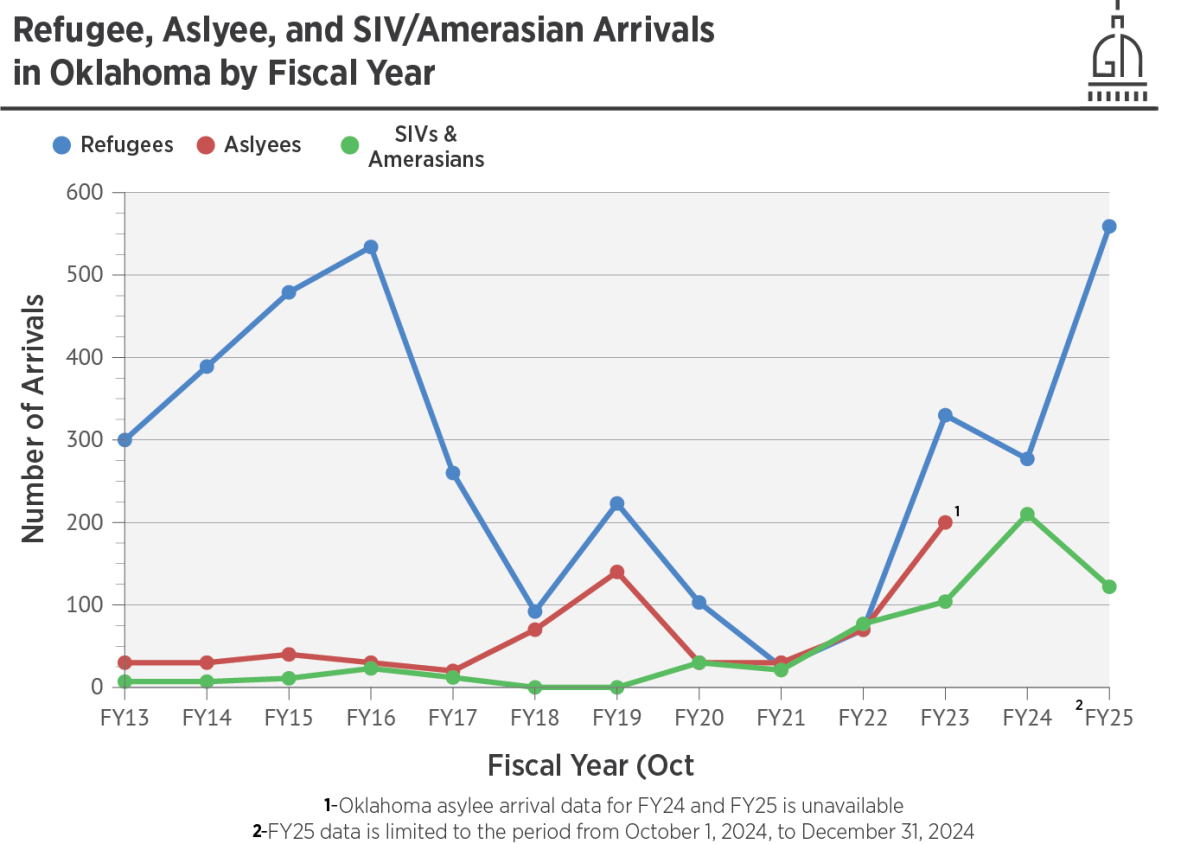WASHINGTON – A tax reform bill designed to provide financial aid to struggling families received a thumbs-up on Wednesday from all but one of Oklahoma’s House members.
The U.S. House of Representatives approved the bipartisan bill, H.R.7024, by an overwhelming margin of 357-70. Second District Republican Rep. Josh Breechen said he voted against the bill because it provides little relief for working families.
Fourth District Rep. Tom Cole, also a Republican, said the bill does provide support for working families, in the form of a child tax credit.
“The U.S. tax code should be written to benefit small businesses, families and workers, not hurt them,” Cole said.
“For the past few years, Americans have been crushed by runaway inflation and high interest rates, and Congress should work together to give the economy a boost and help hard-working Americans keep more of what they have earned,” Cole said.
In 2022, Oklahoma’s poverty rate of 15.7% exceeded the national average of 11.5%, placing it eighth-highest in the nation, according to the U.S. Census Bureau. The bill, if passed by the Senate, would provide better government support for families beneath the poverty line, supporters say.
Cole said the legislation “builds on the successful 2017 Tax Cuts and Jobs Act by reinstating and improving existing tax policies to support American workers and job creators while encouraging American innovation to help U.S. companies compete against communist China.”
Tax Bill 7024 would help support smaller businesses as well by allowing them to deduct research and development costs, according to the Congressional Budget Office, and would curb the pandemic-era employee retention tax credit.
The bill updates and improves the child tax credit, making it more flexible and beneficial, supporters say.
The legislation would increase the tax credit per child similar to that of the COVID tax relief bill. By the year 2025, the tax credit would be raised to $2,000 per child, though not all of it would be refundable, according to the Congressional Research Service.
Opponents said the bill is “just a welfare expansion” and that the guidelines based on parental income exclude extremely low-poverty families.
“I support the business deduction and depreciation changes in this bill. Unfortunately, the low-income individual welfare benefit expansions (available to illegal aliens) that were added to obtain President Biden’s and Senate Democrats’ support made this a bad deal,” Brecheen said.
“This bill also weakens work requirements and according to the Joint Committee on Taxation will generate $155 billion in new deficits over the next 20 months, exacerbating our inflation crisis,” Breechen said.
According to the Annie E. Casey Foundation, a data center and philanthropy focused on strengthening families and building stronger communities, 20% of American families are low-income working families.
Gaylord News is a reporting project of the University of Oklahoma Gaylord College of Journalism and Mass Communication. For more articles by Gaylord News go to GaylordNews.net.







